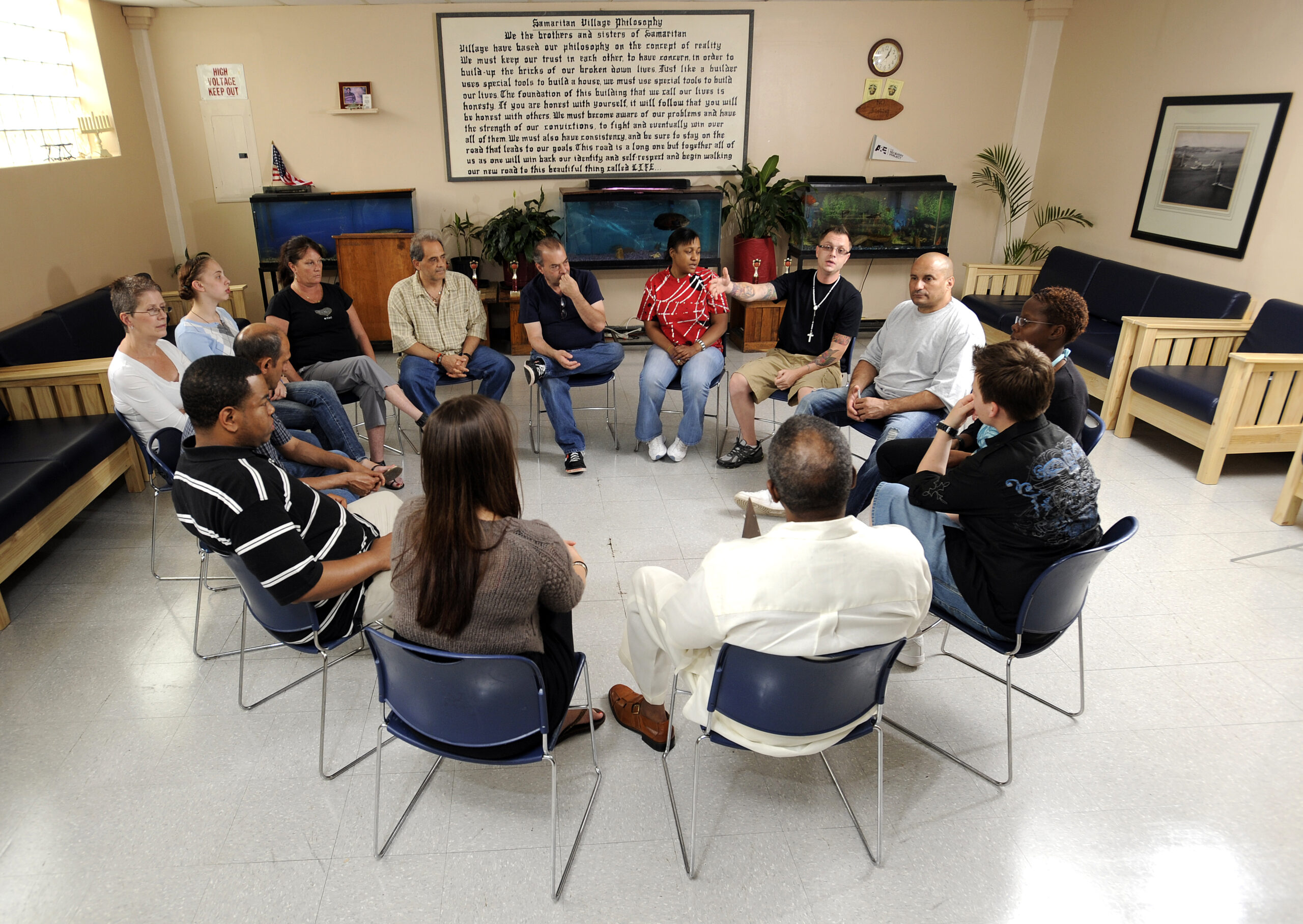EBPs are treatment methods that have been scientifically tested and validated through rigorous research, demonstrating their effectiveness.
At Samaritan Daytop Village, each client’s treatment plan incorporates the most appropriate EBPs to address their specific needs, whether that’s substance use disorder, mental health issues, or both. Our commitment to EBPs ensures that each treatment intervention has been proven to be effective, based on clinical research and best practices. This helps us provide a higher quality of care and better outcomes for our clients.
What truly sets Samaritan Daytop Village apart is our steadfast focus on the validation of outcomes. We do more than provide decades of experience: we are dedicated to ensuring that the recovery process is measurable and that progress is clearly documented. Through evaluation and research, we continually improve our programs. Scientific tools for assessment and progress measurement serve as the foundation of our efforts, helping us maintain the highest standard of care.
Our core evidence-based practices include, but are not limited to:

